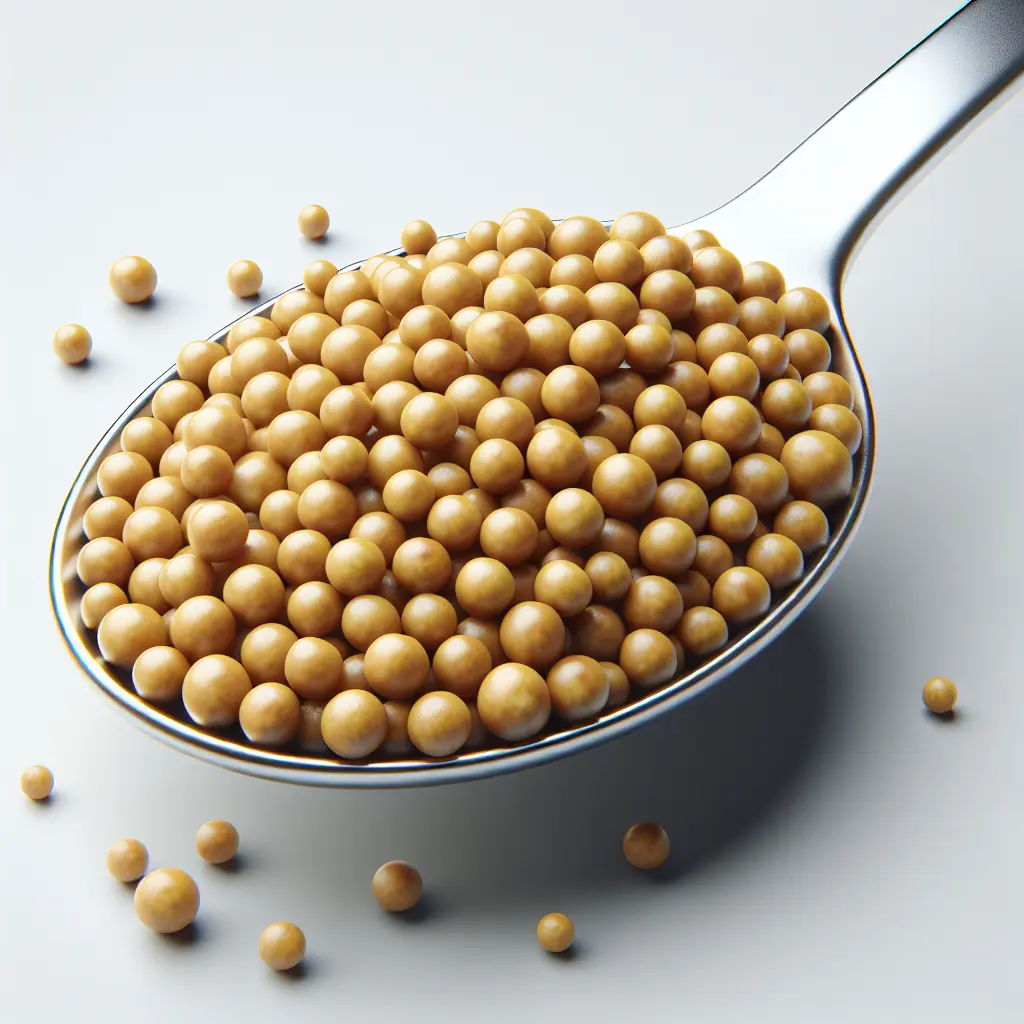Mustard Seeds: A Culinary Staple with a Rich History
Mustard seeds, derived from the mustard plant (Brassicaceae family), have been a culinary staple for centuries. Originating in the Mediterranean region, they have since spread worldwide, becoming an integral part of cuisines across cultures. Mustard seeds' distinct pungent flavor and aroma come from compounds called glucosinolates, which break down when crushed or mixed with water.
The culinary versatility of mustard seeds is remarkable. Whole or ground, they add a sharp, tangy note to dishes ranging from salads and dressings to curries and pickles. Yellow mustard, a popular condiment, is made from ground yellow mustard seeds mixed with vinegar, salt, and spices. Dijon mustard, known for its creamy texture and robust flavor, is crafted from brown or black mustard seeds.
Nutritional Value: A Source of Essential Nutrients
Despite their diminutive size, mustard seeds are a powerhouse of nutrients. Rich in fiber, protein, and healthy fats, they contribute to a balanced diet. Here's a breakdown of their nutritional content per teaspoon serving:
- Calories: 10
- Protein: 0.5 grams
- Fat: 0.7 grams
- Carbs: 0.6 grams
- Fiber: 0.2 grams
- Sugar: 0.1 grams
Mustard seeds are also a good source of vitamins and minerals, including:
- Vitamin C: Supports immune function and collagen production
- Iron: Essential for red blood cell formation
- Calcium: Important for bone health
- Magnesium: Plays a role in muscle and nerve function
Health Benefits: Beyond Culinary Delights
Mustard seeds not only enhance the flavor of dishes but also offer potential health benefits. Traditional medicine has long used mustard seeds for their medicinal properties, and modern research is shedding light on their therapeutic potential:
Anti-inflammatory Properties:
Compounds in mustard seeds have anti-inflammatory effects, which may help reduce inflammation throughout the body. This could benefit conditions such as arthritis, asthma, and inflammatory bowel disease.
Antioxidant Activity:
Mustard seeds contain antioxidants that protect against oxidative stress, a major contributor to aging and chronic diseases. These antioxidants neutralize free radicals, stabilizing harmful molecules that can damage cells and DNA.
Antibacterial Effects:
Mustard seeds have antibacterial properties, particularly against certain bacteria responsible for foodborne illnesses. This makes them a potential natural food preservative and disinfectant.
How to Enjoy Mustard Seeds: Versatile Uses
Incorporating mustard seeds into your diet is easy and versatile. Here are a few ways to enjoy their flavors and reap their benefits:
- Whole: Sprinkle whole mustard seeds on salads, sandwiches, or grilled meats for a burst of flavor and texture.
- Ground: Grind mustard seeds into a powder and use it as a spice in rubs, marinades, or sauces.
- Mustard: Make your own mustard by combining ground mustard seeds with vinegar, salt, and other spices to create a flavorful condiment.
- Mustard Oil: Extract oil from mustard seeds for use in cooking or as a massage oil. It's rich in monounsaturated fats and has a pungent aroma and taste.
Conclusion: A Culinary and Healthful Gem
Mustard seeds are a culinary and health gem, packed with flavor, nutrients, and potential health benefits. From their use as a spice and condiment to their medicinal properties, these tiny seeds have a lot to offer. Incorporate them into your diet to enhance your dishes and support your well-being.
How many calories are in Mustard Seeds?
Each 1 tsp of Mustard Seeds contains 10 calories.
Mustard Seeds Nutritional Information
| Nutrient | Amount per 1 tsp (2g) |
|---|---|
| Calories | 10 Calories |
| Protein | 0.5g |
| Fat | 0.7g |
| Saturated Fat | 0g |
| Cholesterol | 0mg |
| Carbohydrates | 0.6g |
| Dietary Fiber | 0.2g |
| Sugar | 0.1g |
| Sodium | 0.0003mg |
| Potassium | 0.0148mg |
| Calcium | 0.0053mg |
| Iron | 0.0002mg |
